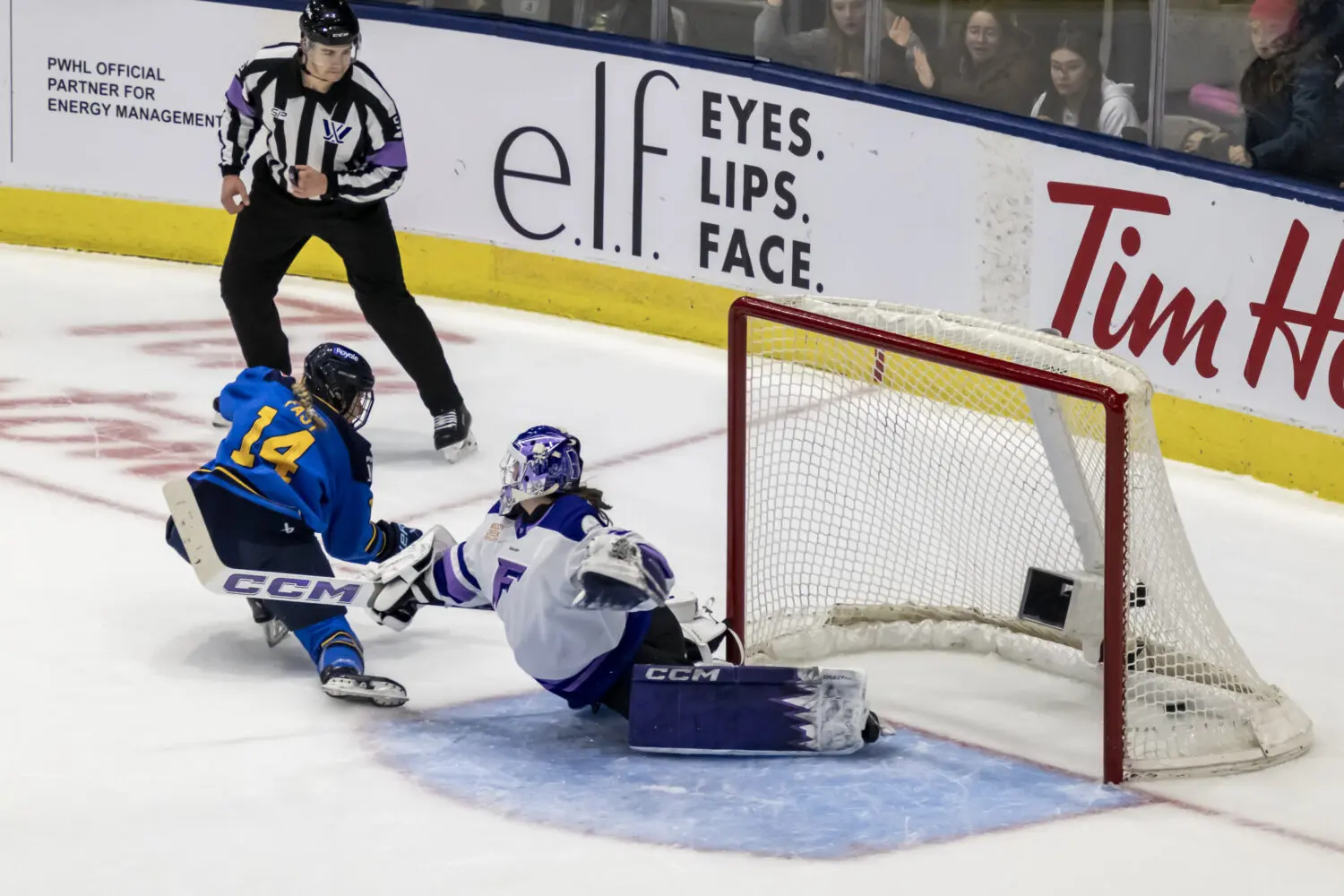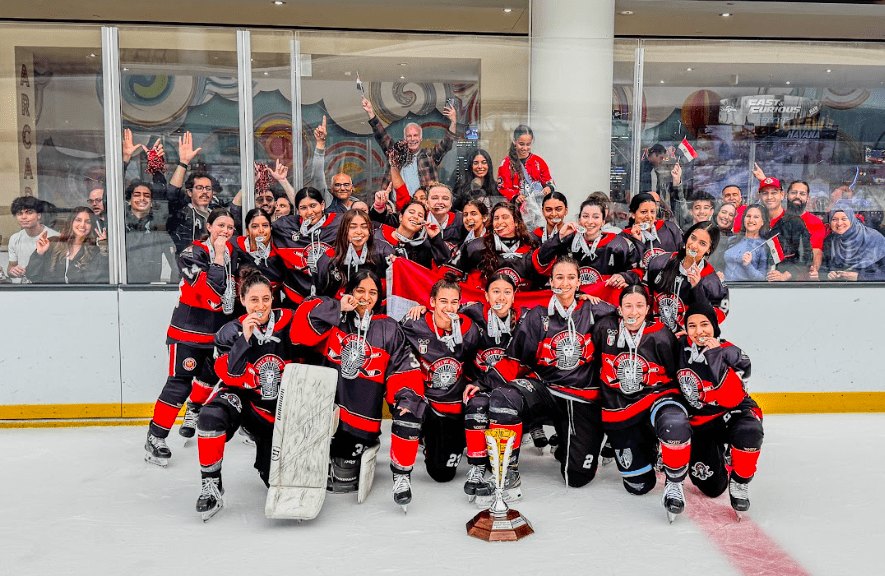
In the last two years, Japan has experienced a remarkable renaissance in women’s ice hockey. From qualifying for the 2014 Sochi Winter Games to winning the relegation round at the 2015 edition of the IIHF Women’s Worlds, the outlook towards 2016 is one that consists of a confidence that should make them a sentimental favorite with fans.
One aspect that truly endears Japan’s rise to prominence with Canadian fans is based on the positive impact of Carla MacLeod. A two-time gold medalist in the Winter Games (2006, 2010), she served as a member of Japan’s coaching staff during 2013-14. Sharing her acumen of the game to a group of grateful women eager to learn, MacLeod’s loyalties were rewarded with the club qualifying for Sochi.
Taking into account that the IIHF has been dedicated to increasing the quality of play with its Mentorship and Ambassador Program, women such as MacLeod prove that the initiative is one worth pursuing. As a side note, MacLeod’s efforts also had a positive impact on the Canadian and American women that grace the ice, proving that one can still bring relevance to the game once the sun sets on their playing careers.
Japan’s road towards its sterling performance in Malmo, Sweden actually began in November 14. A three-game series in Yokohama, Japan would determine the final qualifier for Malmo. Contested in a two-out-of-three format, Japan challenged the Czech Republic, who lost the relegation round at the 2013 IIHF Women’s Worlds in Ottawa, Canada.
A 2-0 shutout on November 8 provided Japan with a 1-0 series lead as the home ice advantage worked in its favor. The following day, the Czech Republic would reciprocate as they prevailed by an identical 2-0 score. With the November 11 tilt serving as the rubber match, Japan won in a dramatic 2-1 win, earning the right to advance to Malmo. Ami Nakamura would be credited with the game-winning goal as Nana Fujimoto only needed to make 13 saves in the win.
Upon their arrival in Malmo, their efforts were certainly an extension of MacLeod’s contributions to the team. Playing host country Sweden in Group B play on opening day, Japan proved that they were ready. Defeating the Swedes in a heroic shootout win (their first over the Swedes in the history of the event), it may have been the most exciting game from that first day of competition, which also featured two referees in IIHF Womens’ Worlds play for the first time ever.
Goaltender Nana Fujimoto faced 34 shots while opposing goaltender Sara Grahn only needed to stop 20 shots. Regulation goals for Japan were logged by Miho Shishiuchi, Ami Nakamura and Chico Osawa. In the shootout, alternate captain Hanae Kubo logged the shootout winner, as the fans in Malmo Isstadion were disappointed.
Although Japan faced Germany in a two-game relegation, the momentum was with Japan as they beat the Germans in preliminary competition by a 2-0 score. A pair of overtime wins ensured that Japan shall be competing at the 2016 IIHF Womens’ Worlds in Kamloops, British Columbia, Canada.
After Japan faced relegation at the 2015 IIHF U18 Women’s Worlds in Buffalo, New York, losing to Switzerland in both games (although one loss came in a shootout), the Japanese could not afford to face another elimination. In the first relegation game in Malmo, Haruna Yoneyama logged the overtime winner at 69:01 past German goaltender Ivonne Schroeder to prevail by a 3-2 tally.
For the second relegation game, Jenny Harss stood between the pipes for the Germans, forcing overtime again. Fujimoto played the game of her life, nullifying three German power plays in the third period. Kanae Aoki would be the overtime hero for the second game, scoring at 62:31, deflating Germany’s hopes. At only 18 years of age, Rui Ukita finished as the leading scorer for Japan with six points, while registering a pair of assists in the second relegation game.
By tournament’s end, the jubilation of victory in relegation over Germany was complemented by a special recognition. Goaltender Nana Fujimoto was named as the tournament’s Best Goaltender. Statistically, her numbers ranked among the top five in numerous categories including first overall in ice time (315:32) and goals against average (1.52) while finishing second overall to Sochi bronze medalist Florence Schelling in save percentage at 93.75 %.
Considering that Japan played in the inaugural IIHF Women’s Worlds in 1990, along with serving as the host country for the first Winter Games women’s ice hockey tournament at Nagano 1998, a proud women’s ice hockey legacy has long existed. A new generation of Japanese women has shown that the efforts to extend said legacy and fulfill the promise of even better days ahead.
Photo credit: Francois Laplante
[adrotate group=”1″]
Related Articles
Categories
Recent Posts
[adrotate group=”2″]




